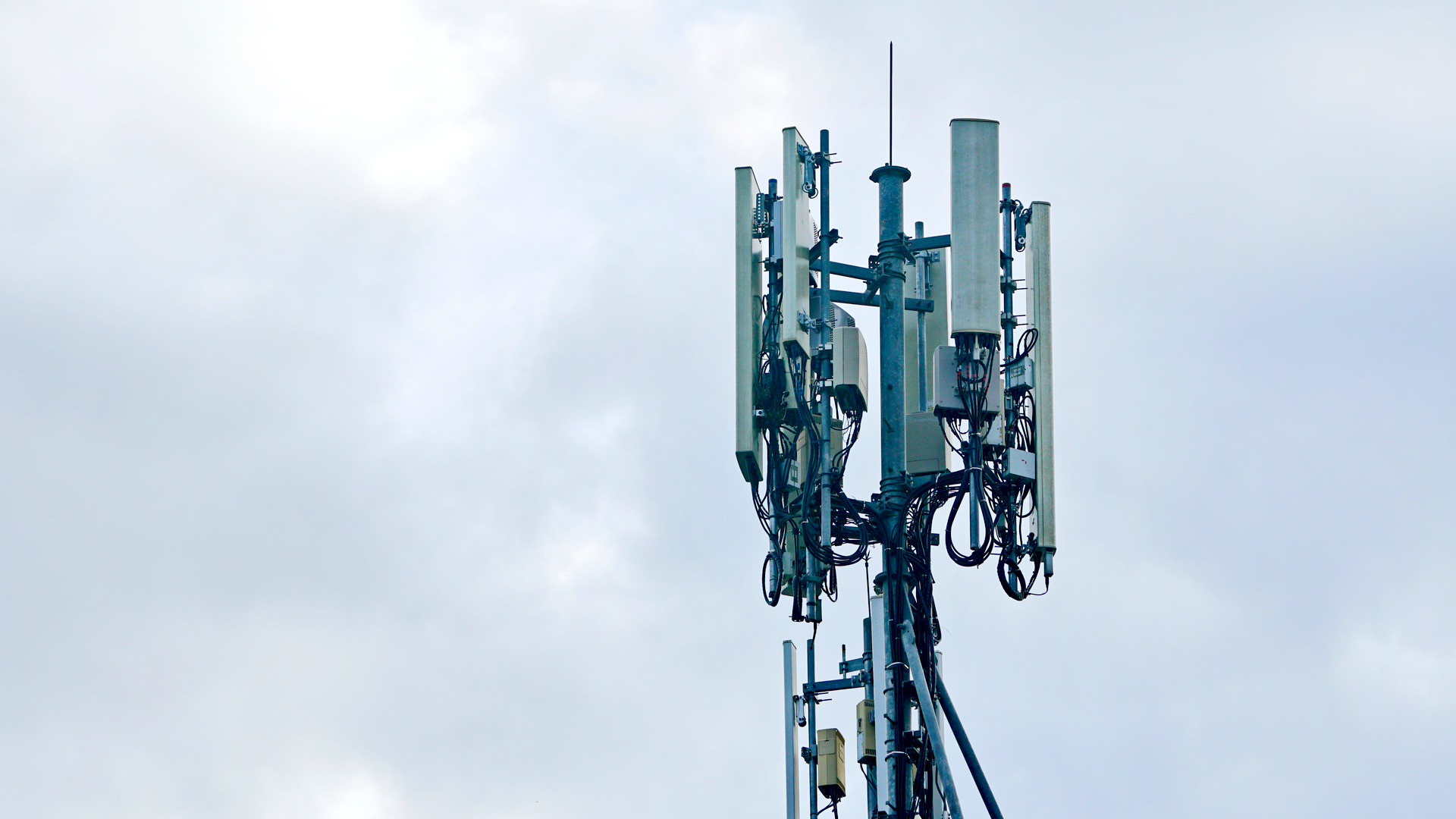UK to phase out 2G and 3G mobile networks by 2033
The move will enable operators to transition to more energy-efficient and high capacity networks


The UK will phase out all of its public 2G and 3G mobile networks by 2033 in order to facilitate the mass rollout of 5G and 6G, the Department for Digital, Culture, Media and Sport (DCMS) has announced.
The deadline was agreed with Vodafone, Virgin Media O2, Three, and EE, and is based on predictions that the demand for the two legacy networks will be “very low" by 2033.
Phasing out 2G and 3G will free up spectrum, allowing it to be reused for next-generation 5G and 6G connectivity, as well as reduce the power needed to run multiple networks.
DCMS said that the exact sunset dates will be determined individually by the mobile operators. In July, EE became the first UK mobile operator to set a date for the retirement of its 3G services, with customers set to be phased off the third-generation mobile technology by 2023 – a decade prior to the government’s deadline.
Mobile UK, the trade association for the UK’s mobile network operators, has welcomed the the government’s announcement.
“Switching off 2G and 3G will enable operators to transition fully to more energy-efficient and high capacity networks to the benefit of customers,” said director Hamish MacLeod.
The announcement of the deadline comes alongside as the government sets a target to have 35% of the UK's mobile network traffic carried over Open RAN by 2030.
Get the ITPro daily newsletter
Sign up today and you will receive a free copy of our Future Focus 2025 report - the leading guidance on AI, cybersecurity and other IT challenges as per 700+ senior executives
As part of the ambition, digital secretary Nadine Dorries announced £36 million in funding for 15 projects to trial Open RAN across Scotland, Wales and England, as well as a £15 million cash injection for Sonic Labs testing facilities in London and Brighton.
Launched in June with a seed funding of £1 million from DCMS, the Labs aim to help speed up the development of new 5G-based technologies and reduce the country's reliance on a small set of providers, and are a joint project from Ofcom and technology non-profit organisation Digital Catapult.
The news comes ahead of Dorries' first visit to the United States as digital secretary, where she is expected to meet with US Secretary for Commerce Gina Raimondo to “strengthen” the US’ and UK’s “ties on technology”.
Having only graduated from City University in 2019, Sabina has already demonstrated her abilities as a keen writer and effective journalist. Currently a content writer for Drapers, Sabina spent a number of years writing for ITPro, specialising in networking and telecommunications, as well as charting the efforts of technology companies to improve their inclusion and diversity strategies, a topic close to her heart.
Sabina has also held a number of editorial roles at Harper's Bazaar, Cube Collective, and HighClouds.
-
 Should AI PCs be part of your next hardware refresh?
Should AI PCs be part of your next hardware refresh?AI PCs are fast becoming a business staple and a surefire way to future-proof your business
By Bobby Hellard
-
 Westcon-Comstor and Vectra AI launch brace of new channel initiatives
Westcon-Comstor and Vectra AI launch brace of new channel initiativesNews Westcon-Comstor and Vectra AI have announced the launch of two new channel growth initiatives focused on the managed security service provider (MSSP) space and AWS Marketplace.
By Daniel Todd